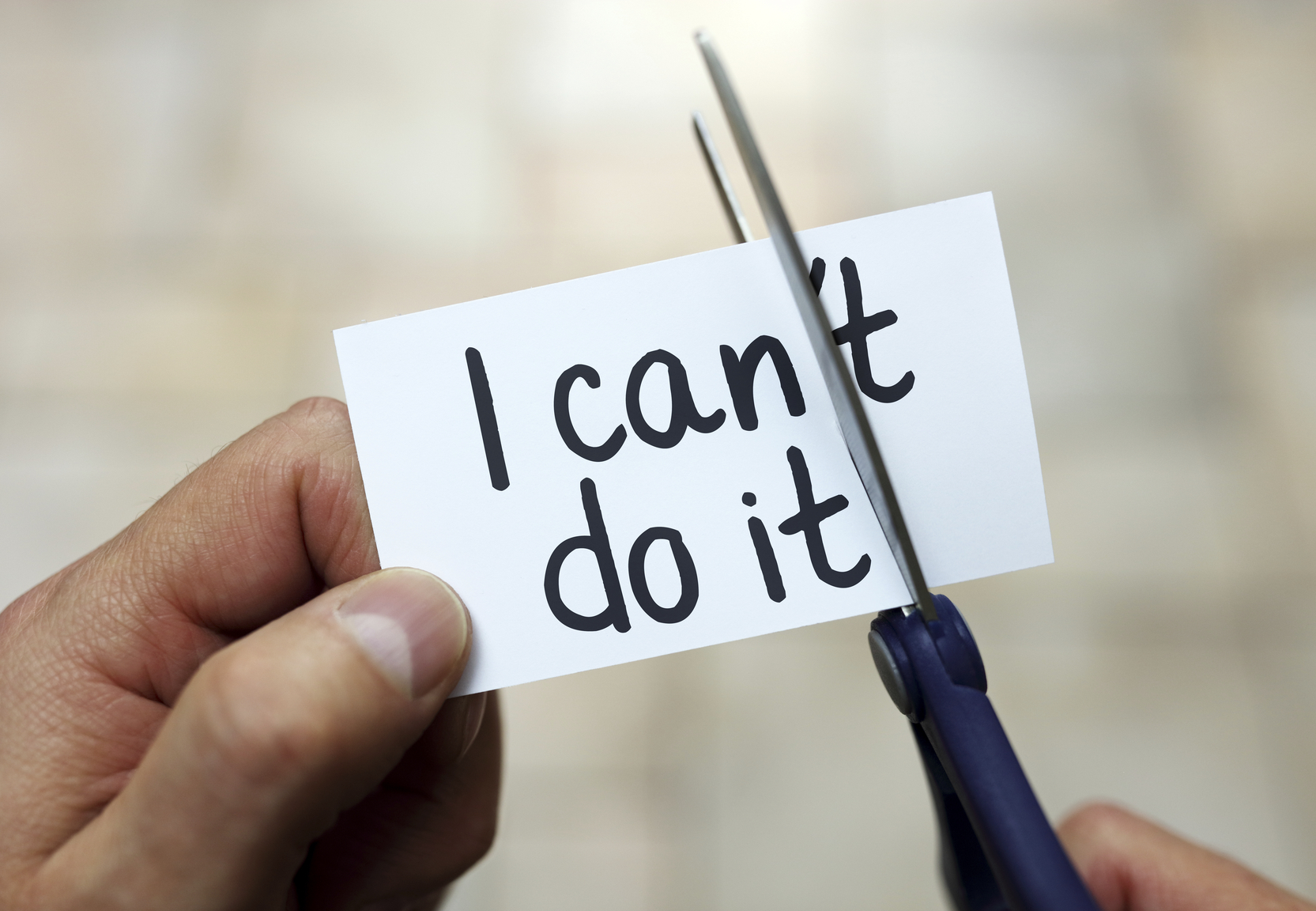The Undeniable Power of Your Words

There’s something we all do every day that can put us on a path to powerful self-improvement– or inadvertently undermine our professional presence and progress.

This critical action is choosing to incorporate an empowered vocabulary in our daily routine, rather than using critical or demeaning words.
American social psychologist, professor and author James W. Pennebaker, Ph.D., has been studying “how everyday language reflects basic social and personality processes” for decades. His body of research indicates “the words people use in their daily lives can reveal important aspects of their social and psychological worlds.”
In a New York Times article about Pennebaker, Jessica Wapner writes: “It’s not just what we say that matters but how we say it.” The language we use has the ability to provide support or serves as a proverbial kick in our own shin.
Here are five examples of commonly used phrases that might be working against you.
“I’m so clumsy/disorganized/(fill in the blank).”
We are often our own worst critics. You wouldn’t want a loved one to face a steady stream of negative comments, so why do it to yourself? One entrepreneur often lamented her lack of organization. After being reminded of everything she had going on – running two businesses, raising two children and volunteering – she realized she was actually remarkably organized to keep all of those plates spinning every day. After that epiphany, she made a point to remind herself of the many things she was doing well whenever she felt like comparing herself to others whose lives seemed more orderly.
“I’m exhausted.”
In our fast-moving world, it’s not uncommon to find ourselves fatigued or uninspired by the middle of the day. Instead of a self-defeating mantra, choose a phrase that emphasizes your desired state of mind – energized – rather than focusing on feeling run down. Of course, practice good sleep habits and take care of yourself body, mind and soul.
“I wish I could.”
Use your words to keep your mind open to life’s possibilities. If you feel stuck in a situation or think that you don’t have a lot of choices in your life, start by changing the way you talk about things. “I can see myself moving into a new career,” or “I know I can run a 5K if I put my mind to it.” Even if it seems forced at first, say it, and the belief will follow.
“I know I should…”
Telling ourselves we should do something is a form of nagging. If there’s something you need to do, make plans to do it. If there’s something you feel guilty about that you’re not doing, determine if it’s truly important to you or not. The word “should” implies shame, not to mention a lack of intention to follow through. Neither message makes it easy to leap into whatever action we need to take.
“I can’t do that.”
Carol Dweck is a researcher who studies human motivation and success. In a TED Talk that has more than 4 million views, she describes a school where students who don’t make a certain score are given the grade “not yet.” This approach establishes that an acceptable grade is not out of reach for them, it’s simply going to take a little longer. What a powerful message to send to ourselves, to the children in our lives or anybody struggling to master something new: “I don’t have the hang of it… yet.”
With some deliberate focus, we can speak in a way that contributes to our improvement, well-being and success. It takes a relatively small shift in thinking to select the words that will help us reach our desired potential.
For more of Diane’s etiquette tips, read her Inc. contributions, subscribe to her articles on the Huffington Post, “like” The Protocol School of Texas on Facebook, or follow her on Pinterest and Instagram.







